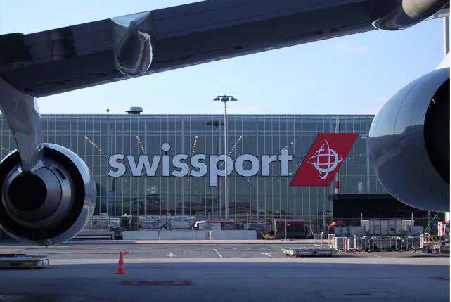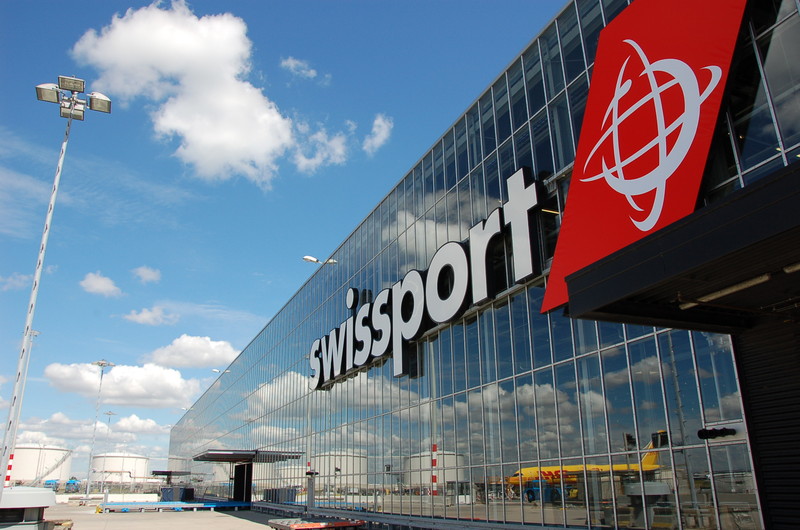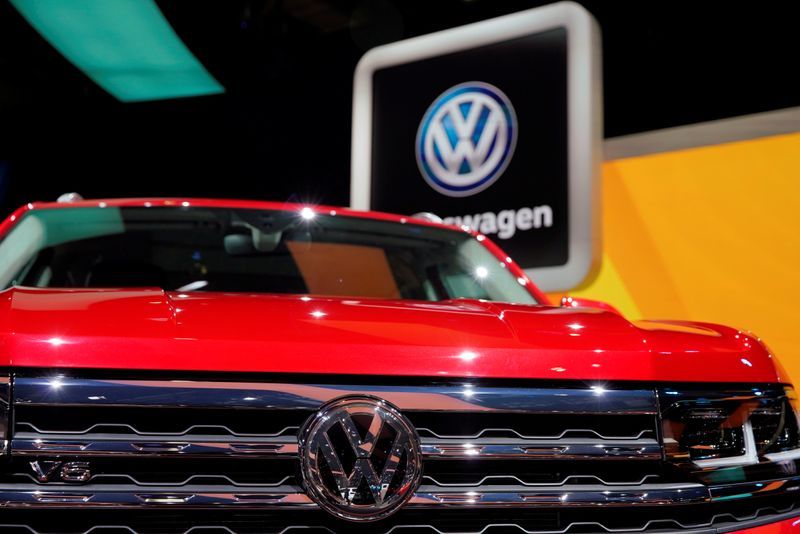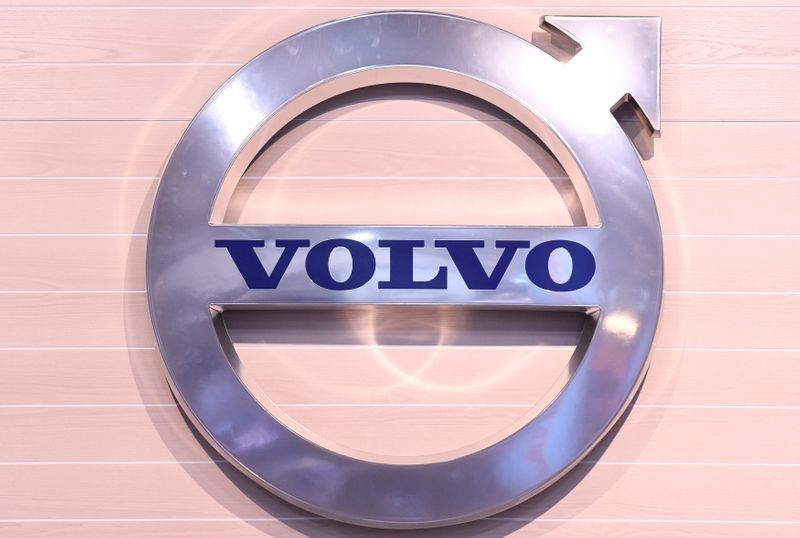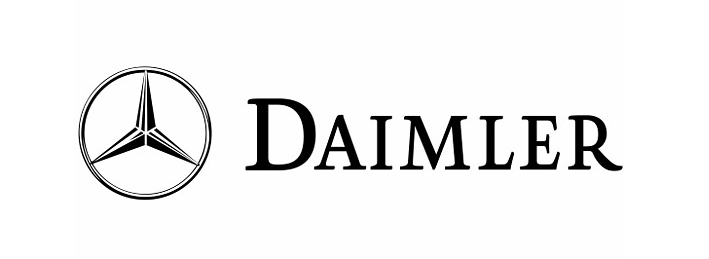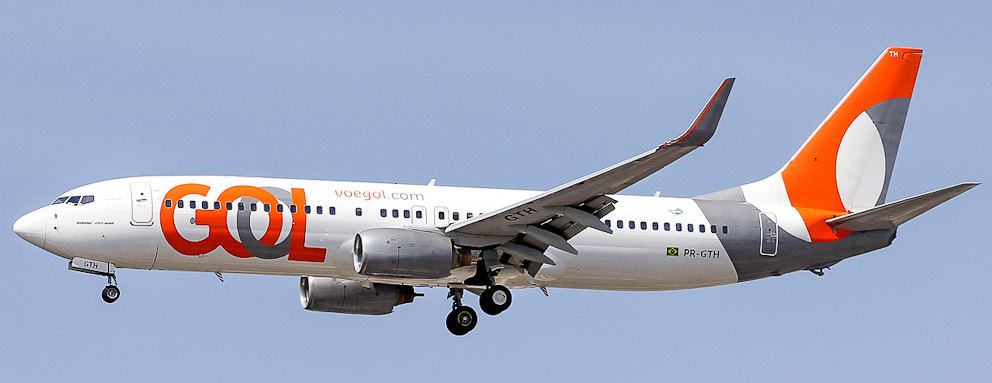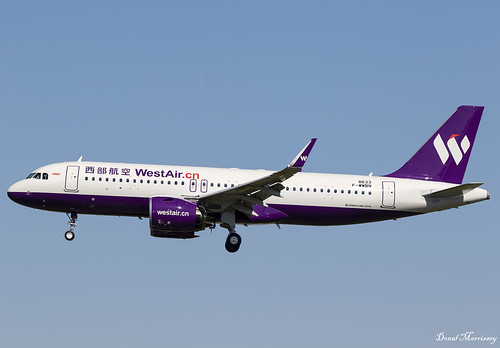MONTREAL/PARIS (Reuters) – Europe’s Airbus SE <EADSY> is likely to acquire Canadian plane and train maker Bombardier Inc’s <BBD-B.TO> remaining stake in the A220 passenger jet program, two industry sources said.
A deal for Airbus to buy the 33.58% share in the program was widely expected after Bombardier said in January it was reviewing the stake in the joint venture. Barring surprises, a deal is expected next week ahead of both companies’ earnings reports on Feb. 13, the sources added.
Airbus and Bombardier both declined to comment. The terms of a potential deal that would mark Bombardier’s exit from commercial aviation were unclear.
Bombardier, which is weighing additional asset sales, faced a cash crunch in 2015 due to its high-stakes bet on the technologically advanced narrowbody.
Bombardier shares closed up 2.8%.
Montreal-based Bombardier ceded control of the program to Airbus in 2018 for a token C$1 as part of broader efforts to improve its finances. It retained a minority stake alongside the Canadian province of Quebec.
Bombardier had warned the program would require additional cash to ramp up production, and could be subject to a writedown, as it faces higher-than-expected costs in its rail division and more than $9 billion of debt.
Since Airbus took over the program, the A220 has seen a sharp pickup in sales to 658 orders as of Jan. 31. But it has not seen the cost declines expected from Airbus applying its greater purchasing power with suppliers, one of the sources said.
A deal would leave Airbus to shoulder additional investments required by the plane program.
“Airbus did not particularly want to do this at this time, but is presented with little choice if Bombardier is pulling back,” the second source said.
Airbus, with a 50.6% stake in the program, delivered 48 A220 jets in 2019 and is ramping up production toward its maximum monthly capacity of 10 jets in Mirabel, Quebec, and four planes at a second line in Alabama by mid-decade.
Airbus Chief Commercial Officer Christian Scherer told Reuters in January the company was progressing toward its target of a double-digit percentage reduction in the A220’s production costs.
Quebec, with a 16.36% stake in the A220 program, would not invest further. Rather, it is trying to protect the program’s estimated 2,700 jobs, along with the province’s $1 billion investment in the program, Economy Minister Pierre Fitzgibbon said on Monday.
“We put $1 billion in it and that’s enough.”
(Reporting by Allison Lampert and Tim Hepher in Paris; Editing by Diane Craft, David Gregorio and Richard Chang)

